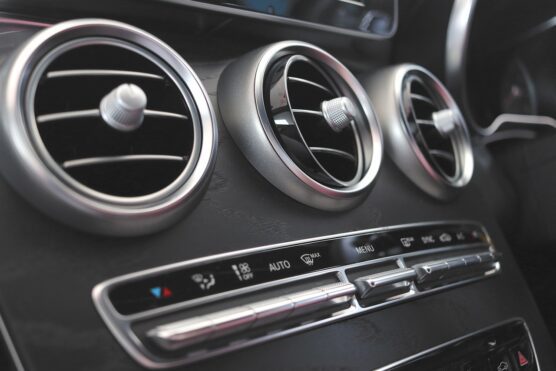The California Air Resources Board approved an update to its regulation that controls emissions from refrigerant used for the repair of automotive air conditioning systems by removing a canister consumer fee and phasing in a transition toward recycled refrigerant.
Prior to the update, consumers paid a $10 deposit for a canister with a self-sealing valve. Consumers who purchased the refrigerant for do-it-yourself repairs would receive the container deposit once they returned the container to a retailer. However, reporting data have shown a lower container return rate than expected, with consumers forgoing more than $5.5 million in unclaimed deposits annually, prompting a revision of the program that would address consumer needs while maintaining emissions reduction goals. The update will remove the $10 fee, maintain the use of a self-sealing canister valve and require a phased-in transition to the sale of recycled refrigerant by 2027.
“Good government requires innovation and urgency in addressing challenges with air quality and climate change, and also making adjustments to ensure that implementation is successful and is meeting the needs of Californians,” said CARB Chair Liane Randolph. “Today’s changes make our regulation more equitable and effective while continuing to drive our climate goals.”
CARB staff worked collaboratively with refrigerant manufacturers, consumers, and retailers to develop the proposed amendments. The updated requirements reduce costs for automotive repairs for Californians, particularly for low-income residents. Furthermore, CARB will launch a needs-based assistance program to provide financial support for automotive air conditioning repairs. The $20 million in unclaimed funds will also be used to support refrigerant reclamation efforts.
The updated requirements maintain emissions benefits for hydrofluorocarbon-134a, the primary refrigerant used for automotive AC repairs. While it is more than 1,400 times more effective at trapping atmospheric heat than carbon dioxide, hydrofluorocarbon-134a is also a short-lived climate pollutant with a short atmospheric lifetime, meaning that reductions can have immediate beneficial impact on air quality, climate change and public health. The updates maintain emissions reductions by continuing the use of the self-sealing valve, which has the added benefit of allowing consumers to keep the canister until the product is completely used. Further emissions reductions will be achieved by moving toward the use of recycled refrigerant. In 2025, manufacturers will be required to transition toward recycled product, starting with 25% of their aggregate sales and moving toward 100% by 2027.
For more information visit the CARB website.
Like this:
Like Loading...
Related





 Tweet This
Tweet This Facebook
Facebook Digg This
Digg This Bookmark
Bookmark Stumble
Stumble RSS
RSS




























REAL NAMES ONLY: All posters must use their real individual or business name. This applies equally to Twitter account holders who use a nickname.
0 Comments
You can be the first one to leave a comment.